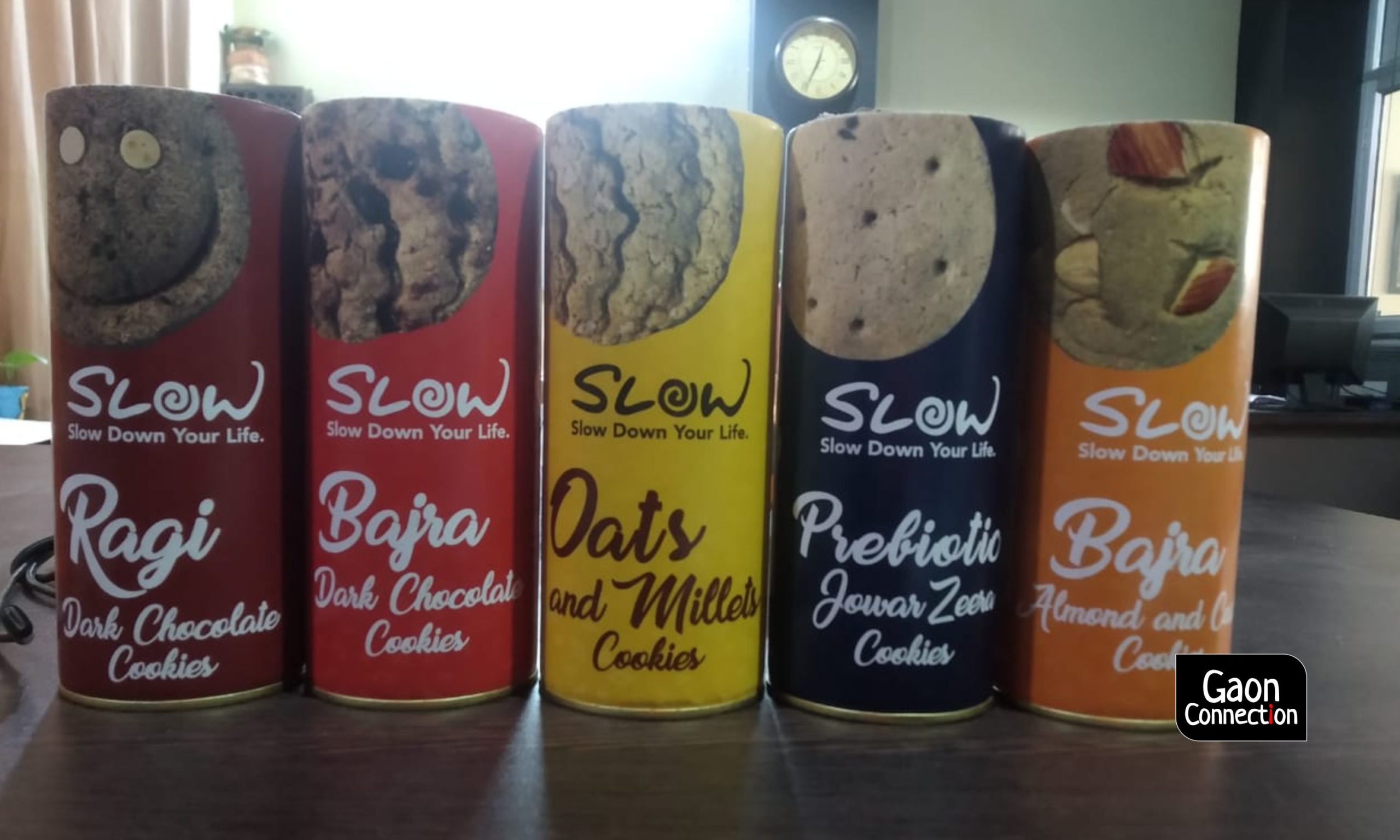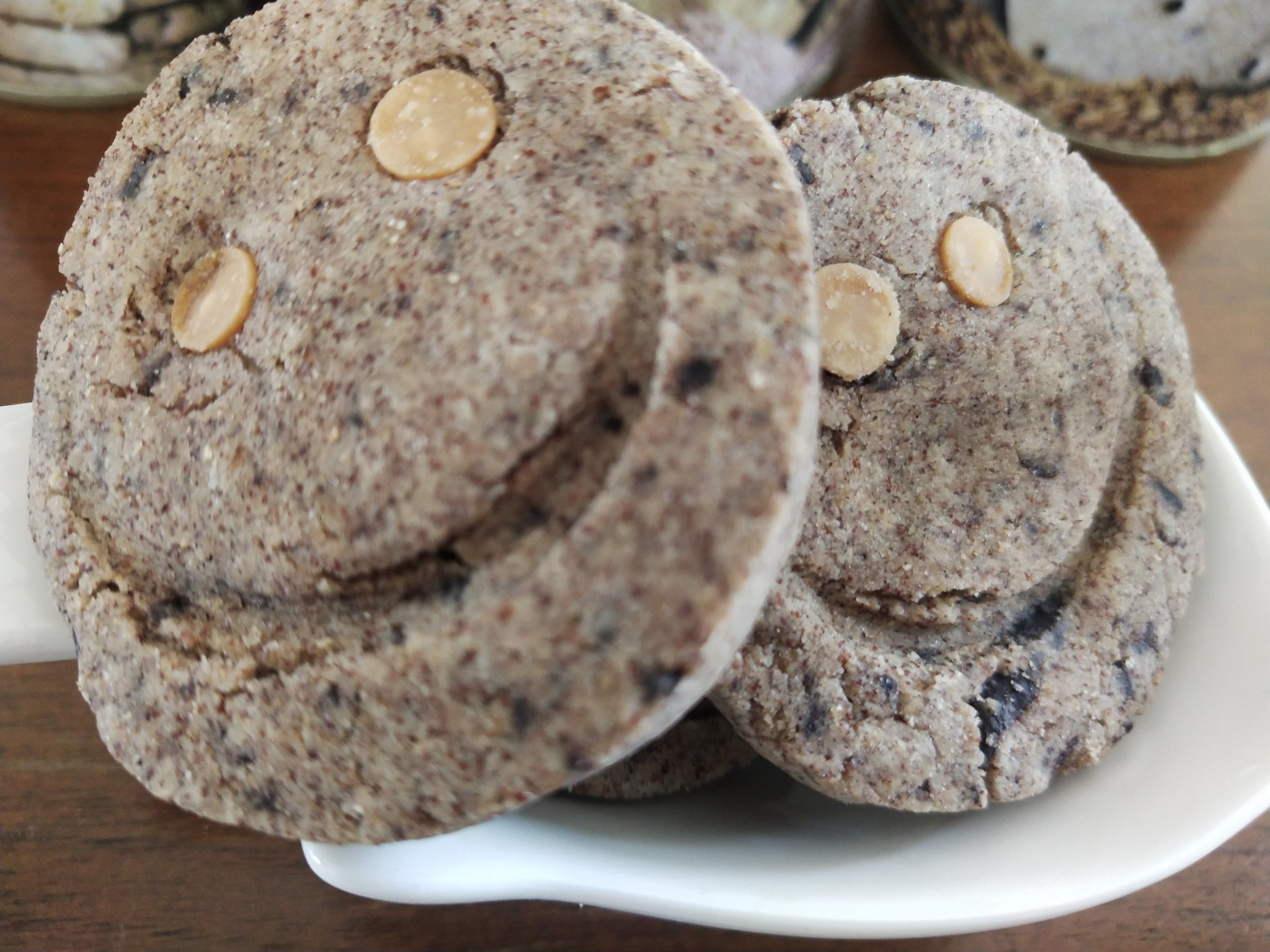Mustard honey, millet cookies, molten jaggery and memories galore — that’s what Slow Products promises
At a time when the world is whizzing past with short-cuts, Neelesh Misra's new venture Slow Products Pvt Ltd follows traditional practices and links farmers and artisans with end-users, adding value along the chain. The brand also shares a percentage of profits with the farmers.


When Neelesh Misra, founder of The Slow Movement, which promotes a slower, more languid pace of life, recently tweeted a video of jaggery being made in Sitapur, Uttar Pradesh, it opened the nostalgia taps. People spoke about tasting liquid jaggery as children when they went to their grandmother’s homes, some spoke of the Bengali winter speciality nolen gur, others spoke of eating warm molten gud with roti… it opened the pathway to a pleasanter, slower past.
In fact, most products of Neelesh Misra’s new venture, Slow Products do just that. Be it the first product, millet cookies, or the more recent honey, they hark back to ingredients used by our ancestors, or processes followed by them. Slow Products is part of The Slow Movement, an effort to promote an unhurried and untainted way of life through products, content and experiences.
Neelesh Misra recently announced that Slow Products will connect Indian cultivators and product creators to markets around the world. The brand rates ethics high, and comes out with detailed labels. Apart from the cost of their produce, 10 per cent of net profits will be shared with farmers and creators.
Slow Products are available on the e-commerce platform Slow Bazaar (www.slowbazaar.com), from where they can reach nearly 27,000 pin codes across India. The brand plans to deliver outside of India early next year.
What are the products that would come under the Slow Products umbrella? Honey (multiflower, rosewood, eucalyptus, ajwain), millet cookies, A2 cow ghee, flours, grains and coconut oil besides toys and handicrafts.

Speaking about Slow Products, Neelesh said in a press release: “With Slow Products, we are opening an entire universe of products which are pure and unadulterated and are created by unknown, invisible farmers, artists. There is a promise of the same values, integrity that we have in our content.”
He said it was about consuming “something healthy, and in the process empowering the person who grew it”.
Yamini Misra, who has overseen the ground operations of India’s biggest rural media platform Gaon Connection, is the co-founder and CEO of Slow Products. Often, Yamini is asked why a certain honey is not available. For instance, this year, typical summer honeys, such as jamun, neem, litchi and tulsi were either not available or in short supply. “The bee keepers could not take the bee boxes to Uttarakhand, Madhya Pradesh and western Uttar Pradesh, where we usually go. Many think that the flavour they get in our honey is added. It is, not by us, but by the bee that feeds on flowers,” she said.
For those interested, Yamini details how the bee boxes are placed amid acres and acres of mustard fields, where the bees buzz about the golden yellow fields, filling the combs with honey rich in flavour and packed with health. “What’s most important is the mustard flower, and we get this honey only when the mustard flowers,” she explained.
Likewise, for jaggery, the team at Slow Products has decided to experiment with all three forms — liquid (locally called raab), cubed jaggery and powdered jaggery. The first thing that emerges from the process is raab, then the molden gold is poured into trays for setting into cubes. It is further dehydrated to make powder.
In fact, says Yamini, “the first thing we did was ask people how they adultrate the jaggery. Invariably it was some soda to lighten the colour”. Slow jaggery uses a traditional, natural equivalent — the okra plant. It removes scum and lends the jaggery sheen. “It is sad that there are not too many takers for this in cities. This is such a good substitute for maple syrup and jams and anything else derived of white sugar,” said Yamini, CEO of Slow Products.
The millet cookies took time and trial and error before they reached their current popular avatar. “Since we use only millets, the cookies were brittle and did not handle transport very well. And then, we figured how to make things work,” said Yamini. In fact, once the jaggery hits the store, which is soon, she plans to experiment with jaggery in the millets too.
According to Slow Products, who is a creator? It could be a farmer working in a remote field or an artisan creating beautiful works of traditional art, keeping alive artistic heritage.
Why did the brand think of sharing profits with its collaborators? “This will give farmers a sense of participation and pride, and, most importantly, make their urban colleagues see them as equals. In spirit, it is like ESOPs [Employee Stock Ownership Plan] for farmers,” Yamini said.
Slow Products is an initiative to help farmers and cultivators directly through the networks of Gaon Connection, India’s biggest rural media platform, and help rural communities who create a range of products such as spices, food products, handicrafts, toys and other things by raising their income and serving conscientious consumers. The company believes in promoting people with skills and talent who have not got due credit or compensation for their effort, due to lack of reach and connection. With the established network of Slow Content, it also aims to give these rural artisans a face and recognition.

